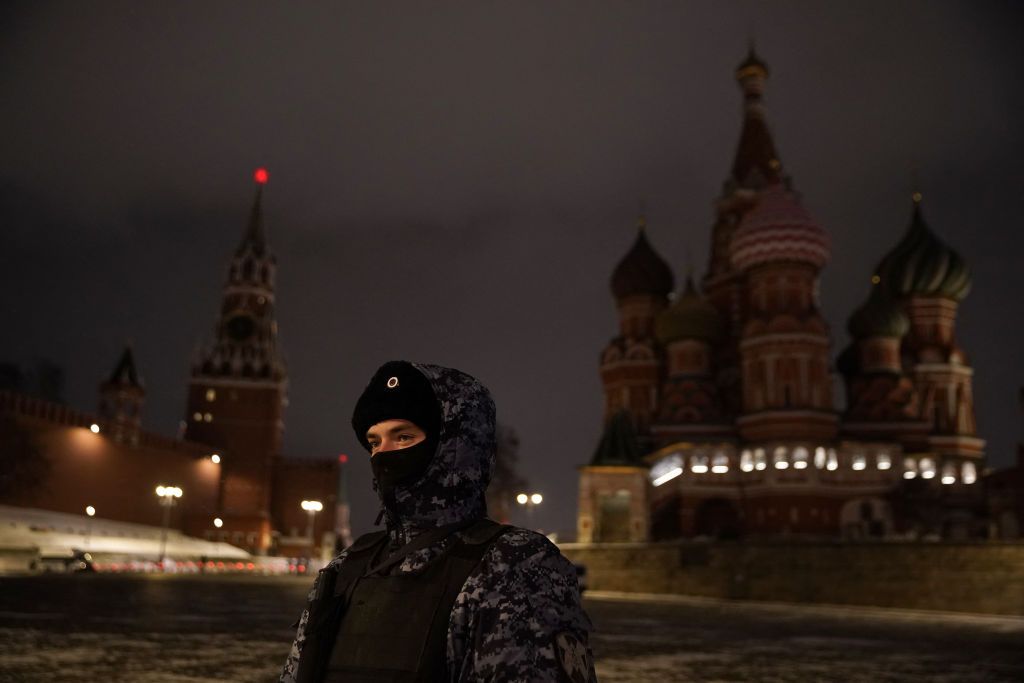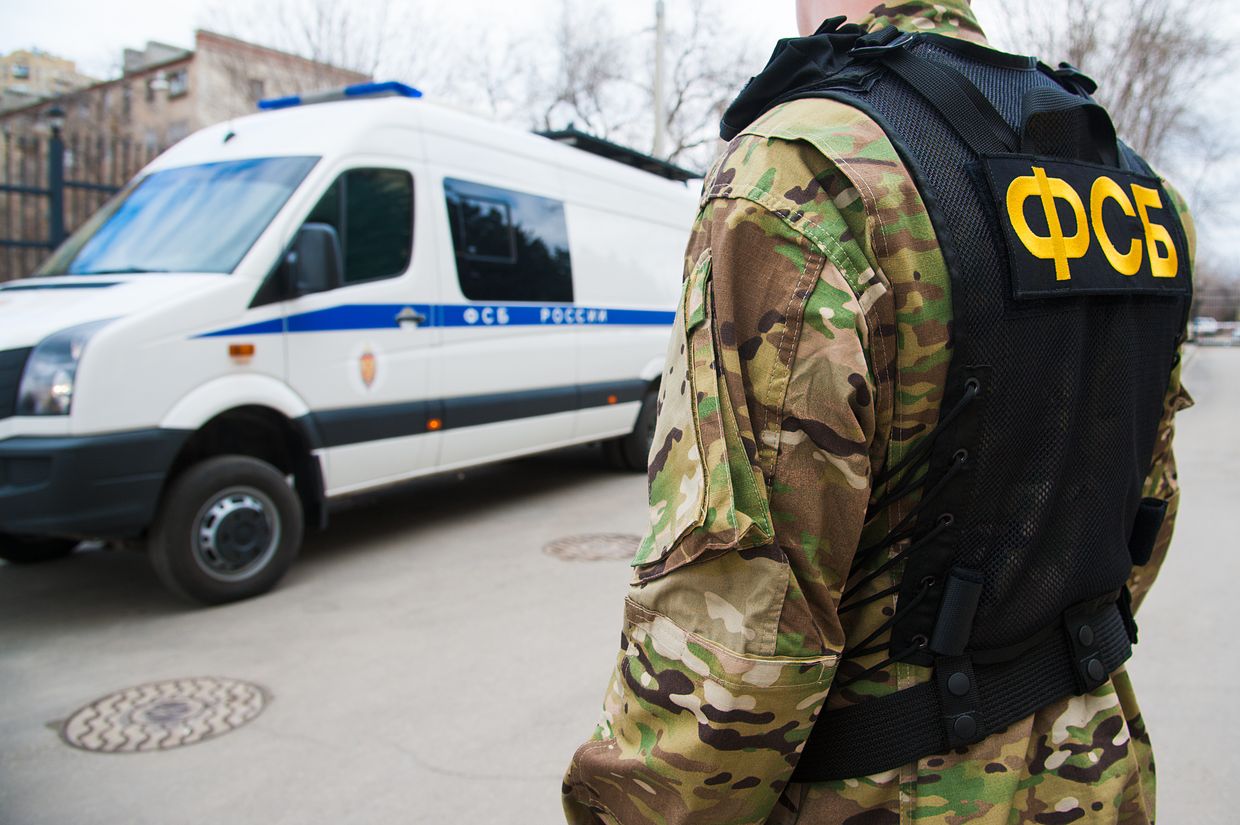Russia's network of spies has expanded in both size and influence since the early days of the full-scale invasion of Ukraine, the Wall Street Journal (WSJ) reported on March 3.
The Russian Federal Security Service (FSB) faced disruption after intelligence reports underestimated Ukraine's defense capacity, with Russian President Vladimir Putin placing many top officials under house arrest. Europe also expelled hundreds of diplomats suspected of espionage.
Since then, WSJ reports, European security experts believe the FSB's foreign intelligence apparatus has been able to replenish its ranks and regain effectiveness.
European officials also say that Putin's decision to leave Russia's borders open following the February invasion allowed FSB spies to join the thousands of Russians who fled the country to avoid mobilization.
At the same time, the FSB's Third Directorate for Military Counterintelligence (DKVR) — which spies on the Russian military and prevents defections — has become the agency's largest division, security analysts say. Experts also say that Russia has become more aggressive about targeting dissenters in foreign countries.
Maksim Kuzminov, a Russian helicopter pilot who defected to Ukraine in August 2023, was killed in Spain on Feb. 13. He was reportedly shot six times, and his burned-out car was found nearby.
Sergey Naryshkin, the head of Russia's Foreign Intelligence Service (SVR), commented on Kuzminov's death on Feb. 20, calling the pilot a "traitor" and "a moral corpse."
Alleged Russian spy rings have also been discovered in Ukraine, the United Kingdom, and Slovenia.
Russian security services expert Andrei Soldatov said that the FSB, SVR, and military intelligence (GRU) agencies are increasingly collaborating, blurring the boundaries between the different organizations.
"The services used to be very separate but now they are exchanging personnel and assets," Soldatov told WSJ.
"It's just like Stalin’s time."














